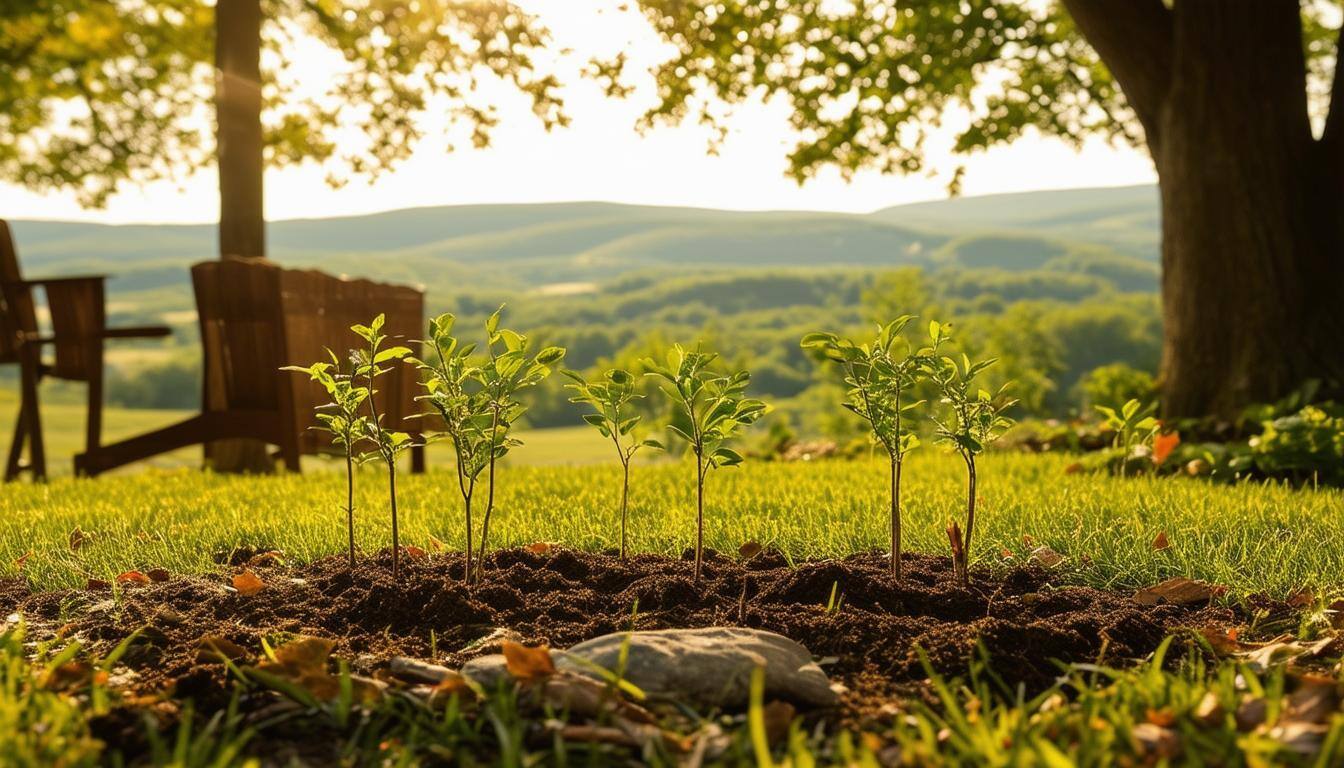Gratitude is a tree - #407

On Saturday, we drove the thousand miles from our house to where my in-laws live in Tennessee. On Sunday, I read Rosamond Lehmann in Vegas, by Nick Hornby. It's a collection of his Believer columns. They appear under the heading "Stuff I've Been Reading." Which, come to think of it, if I weren't into silly puns, would be a good title for this email.
Unlike some of the more entertaining literary critics, Hornby's columns are entirely positive about the books he's read. This isn't to say he has a favorable opinion about every book, rather he writes only about the books he enjoys. On the rare occasions he doesn't like or finish a book and needs to tell the reader about it, he omits its author and title. As a rule, Believer doesn't do snark. Hornby's column takes that kindness to another level: he assumes the best of his readers and his writers and, like some kind of matchmaker/bookseller, wants only to introduce you to the ones you'll love. This doesn't mean Hornby won't turn a phrase, make you laugh, bemoan the times, etc., he is a good columnist—it means reading a book-length collection of his columns doesn't leave you feeling like you'll need a shower or a stiff drink (or both) to set you right. Much as a like them, almost none of Updike's or Mailer's criticism leaves you wanting anything less than a stiff drink as you stare into the abyss.
I think we're better off as Hornbys than Updikes. Not because Updike is incorrect, but because an acerbic outlook does some harm to the looker. If you view everything bitterly or sourly or sharply, you dampen your ability to be generous. If those around you expect some sharp retort or to be told only about how they're wrong, then they'll grow and create less. You'll probably end up not trying something you should because a new idea won't support your brand of snark. We don't need to be saps always looking at the sunny side, but we can direct our attention towards side of things that's generative. We can opt to be inspired and to grow and to encourage inspiration and creativity and exploration. We can act as if the core truth of the universe is one of plenty, not scarcity. In choosing to write about the good books, Hornby takes a small step. Very small steps in this direction can go a long way.
A good first of the small steps in this direction is gratitude. I've talked about being grateful in more than a few of these little essays. (This 2021 essay about work, also written in east Tennessee, comes to mind.) Since 2015 or so, I've begun most days with a very little gratitude practice: I write down three things I am thankful for. Reading over some of those things, I see just how repetitive and small-minded my life can be. And yet the days that begin with this practice are generally a little better than those that don't. I'm certainly not a paragon of any of this, but I try to aim towards the good.
As hokey as it is, this is why I like going around the table on Thanksgiving and hearing what people are grateful for. This is a small ritual, as far as rituals go, but the mindset is worth trying and the things shared worth hearing.
Gratitude is a tree. I mean this in two ways. One is that it's an attitude that won't perceptibly grow. Any time you look at its specific practice, you don't see any real movement. The pre-meal prayer or the morning journal or the kindness of a "thank you" are barely noticeable. But when you meet any person who's done these things for decades, you know that you're in the presence of one of the greats.
Here's the other way. It's a little trickier, but I think it works. I spent a few minutes walking around my father in law's front yard, where he's planted some new trees to eventually grow up into the spaces the mature trees leave when they eventually meet their end. He's well-read on arboriculture and guesses that the mature trees will outlast him, so in planting these trees, he's thinking about whomever comes next. Those future people be surprisingly well-served and he'll have made his own dent in the universe, all with a handful of what look like sticks around the edges of the yard. An ancient proverb says that the best time to plant a tree is twenty years ago, the second best time is today.